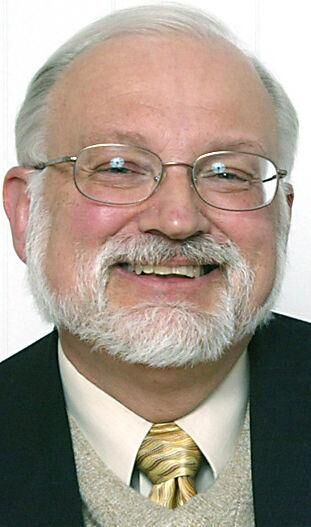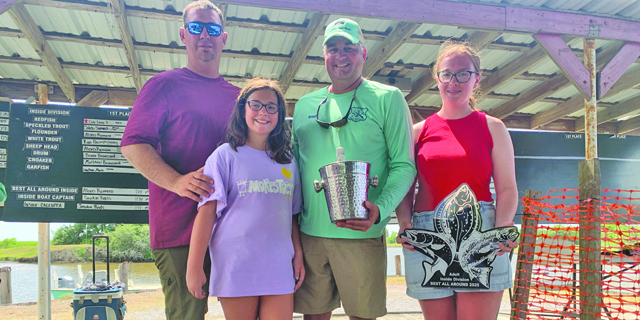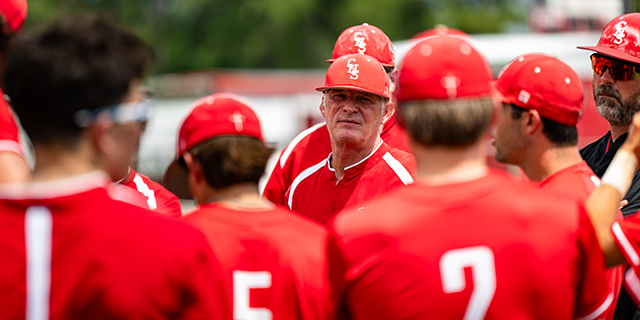LETTER TO THE EDITOR: The Shadows’ message is uncomfortable, but essential
Published 4:00 pm Tuesday, May 14, 2024

- Dr. John W. Ray
The Shadows seems to have been in New Iberia forever. We drive by it, but do we think about what it means for American history.
Exciting changes are taking place regarding the Shadows’ outreach. Some are controversial in that they emphasize the Shadows’ connection with slavery, Reconstruction and its aftermath. I recently toured the Shadows and talked to the Shadows’ staff about the changes.
Trending
Part of the Shadows’ mission as a National Trust property is to help tell the accurate story of American history. This is a noble/needed mission and means that a discussion of slavery and its aftermath must be part of the Shadows’ narrative.
Some ask, why talk about slavery now? The answer is that we need to do so. We have not confronted this past and at present too many are woefully ignorant of slavery and its aftermath.
Slavery and its aftermath are critical parts of American history. Slavery’s effects are still seen. We have not yet achieved what Frederic Douglas called a “composite nation.” We cannot achieve this integrated, egalitarian nation until the history of slavery is confronted; not in an accusatory or blame-filled manner but in the manner of imparting accurate information. Today, the Shadows is teaching an accurate history of slavery and its aftermath.
Slavery was a horrific system of brutality, degradation, and exploitation. Slavery was the engine of American growth and development. Slavery was the product of an economic system for the production of wealth; an economic system based on an overabundance of land and resources and too few workers. It is for this reason that American slavery was not a novel historical occurrence. Slavery produced the racism we still see. Slavery also harmed the South economically because it slowed industrialization and urbanization, exhausted the soil and produced high level of debt, increased the disparity of wealth and retarded a lack of capital formation for future development.
After the Civil War, the economic necessity for some kind of “slavery” continued in that a source of cheap labor was still needed. Consequently, we got the contract labor system, share cropping and worker exploitation.
We cannot move forward in terms of class and race in America unless we learn and confront this history. Slavery teaches what happens when there is an institutional denial of human rights. Slavery teaches what happens when economic considerations predominate social policy to the exclusion of the moral dimension. A full discussion of slavery and its effects is a question of equity in that the record must be set straight if we are to move forward. If we are to have accurate and truthful American history, we need to address these issues, which the Shadows is doing today.
Trending
The Shadows still talks about the history of the Weeks’ family, information is readily available about the architecture, furniture, flora. The Shadows is utilized for numerous community events such as arts and crafts shows, musical presentations, lectures, etc. But now the story of the Shadows is more complete and more accurate with the addition of this historical dimension.
I am a 76-year-old white man who grew up in New Iberia during the period of segregation. Prior to the Civil War, my family owned Vacherie Plantation near Baldwin, Louisiana and owned slaves. My great grandfather and two great uncles fought for the Confederacy. But I see no reason to feel defensive by the honest and frank discussion of slavery and its aftermath at the Shadows; I embrace this new realism as needed, necessary and right. I want the record corrected and the truth be told. That is what the Shadows is doing today with skill, accuracy and civility.
I urge you to take the Tour, talk to the staff, find out what is going on. The Shadows’ staff welcomes feedback; give it to them. “Fellow citizens, we cannot escape history.” Abraham Lincoln
Dr. John W. Ray, a New Iberia native, is a professor emeritus of political science and public policy at Montana Technological University, Butte, Montana. He was born in New Iberia, graduated from Catholic High School in 1966 and still regularly visits home to see friends and family.





